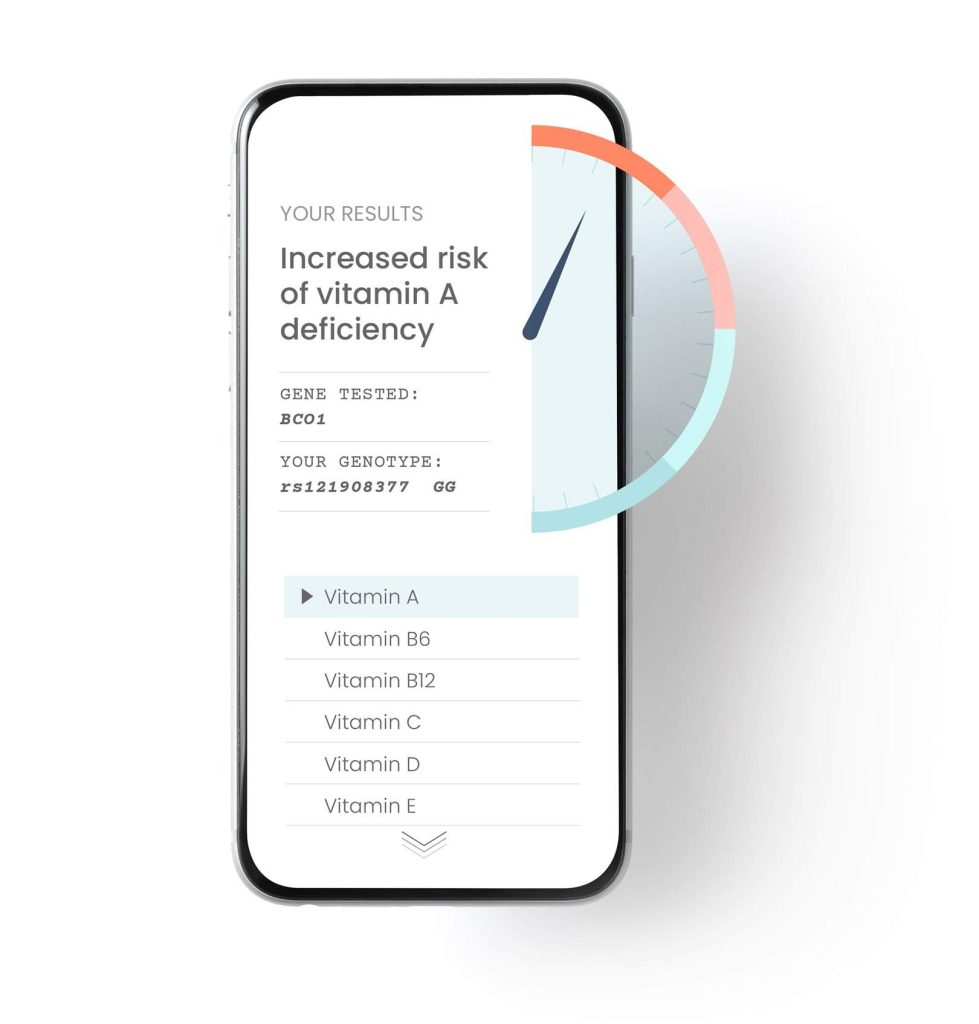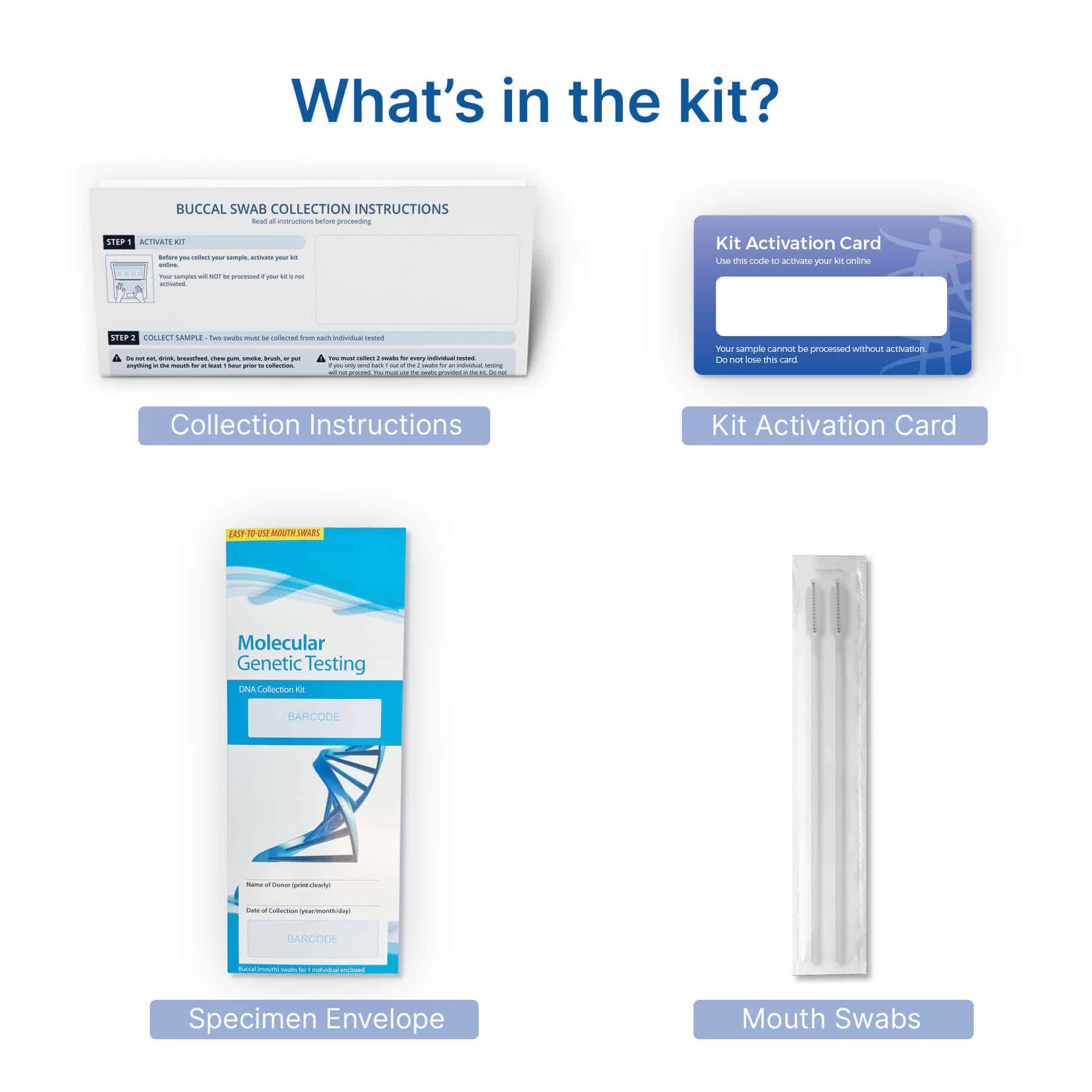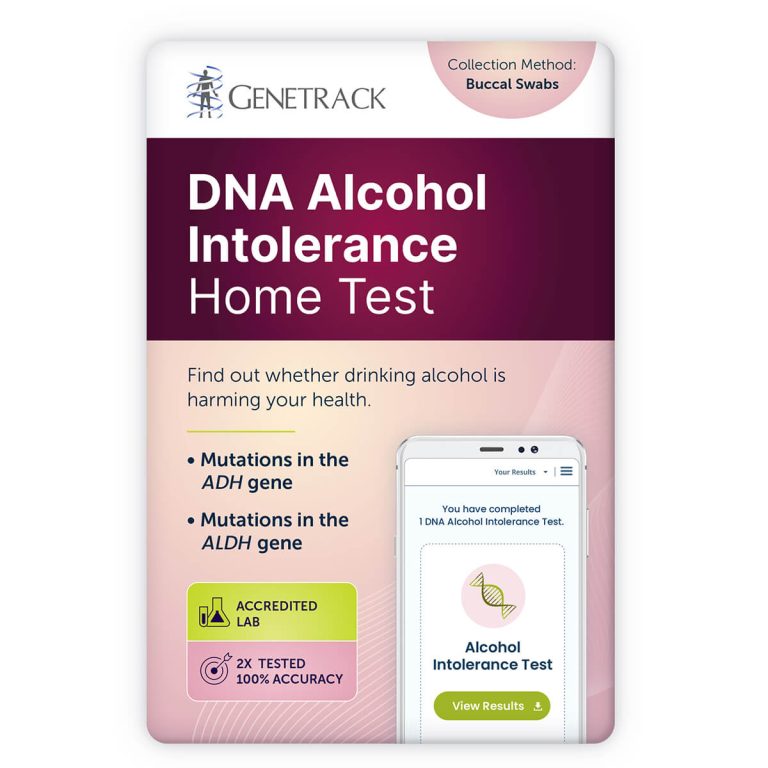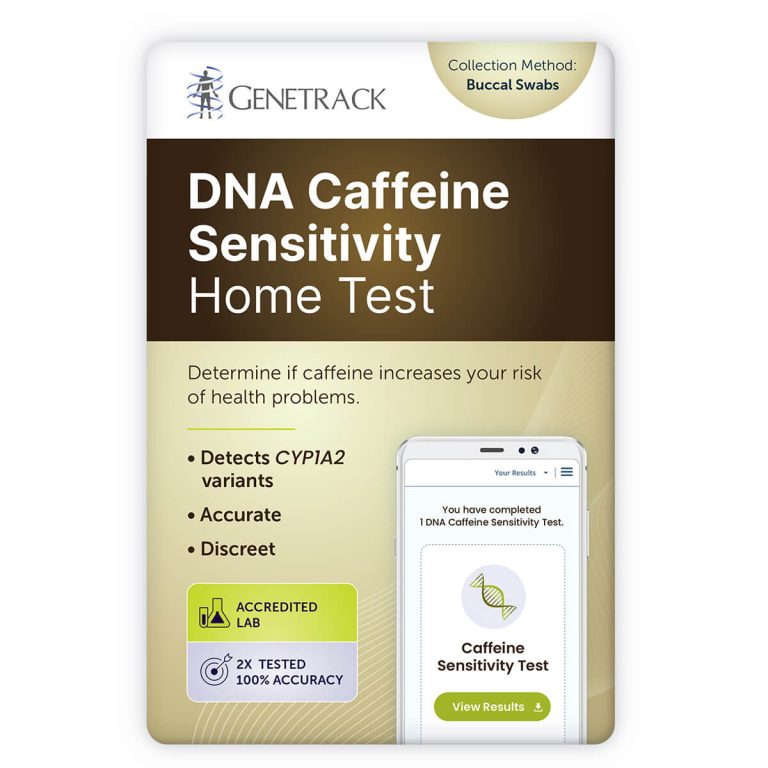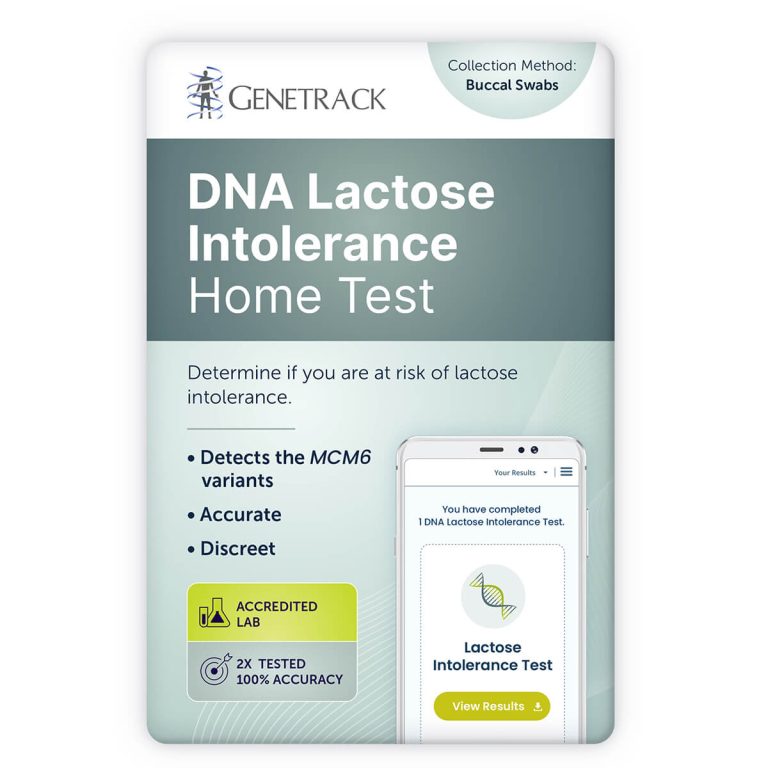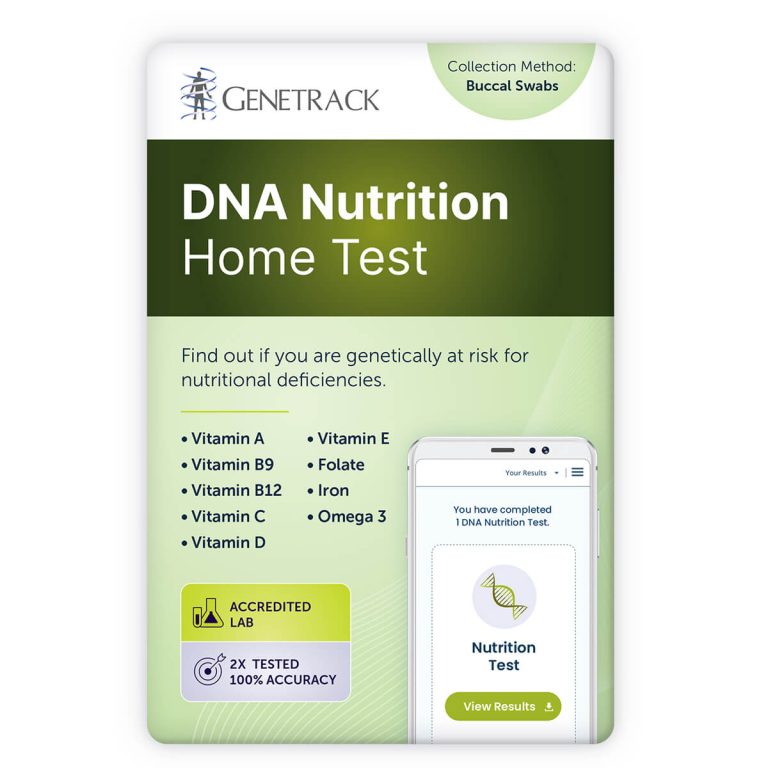DNA Fitness Test
Maximize Your Athletic Performance Through Genetics
Discover the power of your genetics and how it shapes your fitness journey. Our DNA Fitness Test provides insights into your athletic potential, guiding you to make informed decisions about your exercise routine.
- Tailor your workouts to leverage your genetic strengths
- Discover genetic factors that might influence your motivation to exercise
- Understand your body’s natural pain threshold
- Your risk of soft tissue injury and Achilles tendinopathy
$249.00
Fast, Convenient, Painless
Personalized Fitness Through DNA
Physical activity is a cornerstone of a healthy lifestyle. Cardiovascular exercises, such as running and cycling, are pivotal for heart and lung health. In contrast, muscle conditioning focuses on fortifying muscles and bones.
However, everyone’s fitness journey is unique, influenced by factors like upbringing, lifestyle, and genetics. Our Fitness DNA Test provides insights tailored to your genetic profile, helping you optimize your workouts.
- Endurance Capacity: Understand your ability to maintain prolonged physical activity.
- Strength Building: Gauge your genetic potential for muscle development.
- Power and Speed: Determine if you’re genetically inclined for activities requiring quick bursts of energy.
- Injury Risk: Identify if you’re genetically more susceptible to certain types of injuries.
- Pain Tolerance: Learn about your genetic predisposition for handling physical discomfort.
- Motivation and Addiction Risk: Discover what genetically drives your exercise habits and if there’s a risk of dependency.
- Recovery Time: Assess how quickly you’re likely to recover post-exercise based on your genes.
With these insights, you can create a fitness plan that aligns with your genetic strengths, optimizing methods, intensities, and exercises for your body type.

The Role of DNA in Fitness
Your DNA serves as a guide to your natural fitness inclinations and potential risks. By understanding your genetic makeup, you can customize your fitness routine to align with your inherent strengths.
For example, if your genes favor endurance, you might focus on running, swimming, or cycling. On the other hand, knowing you have a higher risk of injury due to genetics can prompt you to take preventive steps.
Genes: The Building Blocks of Fitness
Your DNA is composed of various genes that influence your fitness capabilities. Here are some of the key genes we test and their roles:
- Endurance genes like PPARD help in converting fat to energy.
- Strength genes such as ACTN3 are important for power and quick muscle movements.
- Genes like ACVR1B influence the body’s response to strength training, especially in muscle development.
Beyond athletic performance, some genes impact how your body responds to exercise itself. For example:
- PPARGC1A sets the level of aerobic enhancement from training.
- BDNF influences our natural drive to exercise and potential for exercise addiction.
- Genetic differences also determine injury susceptibility, recovery rate, and pain threshold.
While genetics are not the only factor, DNA testing can provide actionable insights to help you meet your fitness goals. Knowing your body’s natural tendencies can help you make smarter training decisions.
Genetic Variants Tested
To optimize your athletic performance and well-being, it’s essential to understand the genetic factors at play. Here’s a closer look at the genetic markers we test:
Athletic Endurance
Endurance is your ability to keep up physical activities for extended times. It’s essential for sports like long–distance running, swimming, cycling, mountain climbing, and rowing. Key genetic variants influencing endurance include:
- PPARD – Affects how the body burns fat for energy.
- VEGFA – Supports blood vessel development, enhancing oxygen delivery.
- ACE – Regulates blood pressure and optimizes muscle performance.
- ADRB2 – Regulates the body’s fight or flight response.
- PPARA – Balances slow-twitch and fast-twitch muscle fibers.
Exercise Response
We all respond to exercise in our own way. Some benefit more from endurance exercises, while others do better with strength training. Your unique response to exercise is shaped by genes like:
- PPARGC1A – Shapes how well you improve in aerobic exercises.
- PPARD – Boosts levels of “good” HDL-cholesterol.
- MCT1 – Determines how well you can use lactate for energy.
Strength Training
Strength training uses resistance to make muscles contract, building their strength and size. Your muscle strength is influenced by:
- ACVR1B – Involved in the muscle process that decides muscle size and power.
- IL6 – Influences messenger molecules that aid in muscle growth.
Athletic Power
Power combines strength and speed. It’s essential for sports that require quick bursts of activity, like sprinting or baseball pitching. Your power is influenced by these genes:
- ACTN3 – Commonly known as the “sprinter” gene
- AGT – Affects blood pressure and growth hormone levels.
Other Factors
Your genes also shape your motivation to exercise, how fast you recover, your injury risk, and how well you tolerate pain:
- BDNF – Influences your motivation to exercise.
- CRP – Affects how quickly your heart rate recovers after exercise.
- COL1A1 – Determines your risk for soft tissue injuries.
- COL5A1 – Predicts your risk of developing Achilles injuries.
- COMT – Shapes your pain tolerance and how you respond to pain medication.
How Home DNA Testing Works

Order Test Kit
From relationship tests to health tests, we offer a wide range of DNA tests to fit your needs.

Collect & Ship
Simply collect DNA with our easy-to-use swabs in the comfort of your home.

Receive Results
Access your confidential results online the moment testing is completed. Our team of experts is available for any questions.
Secure & Confidential Online Results
